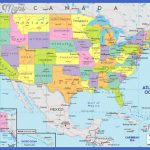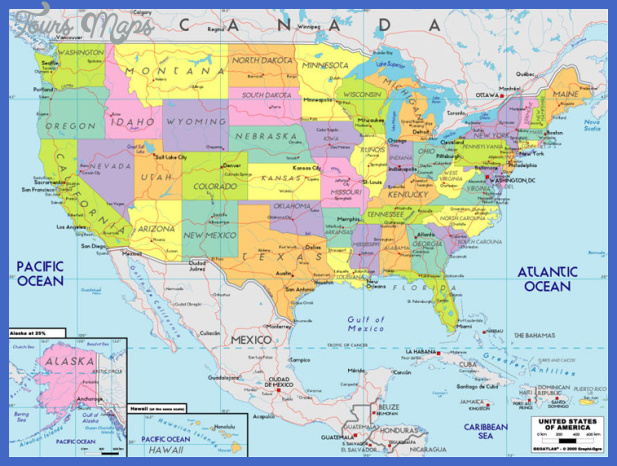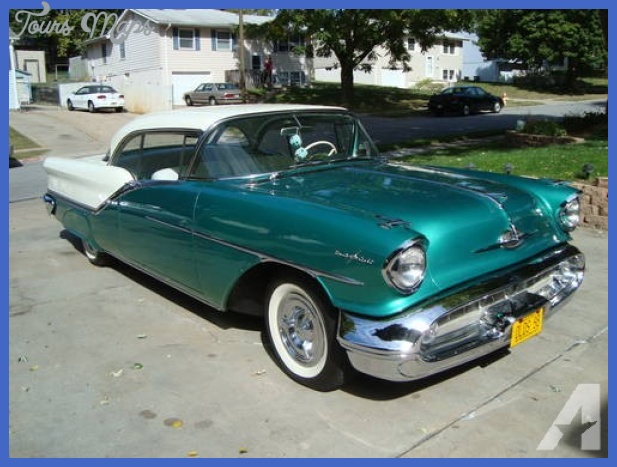Iowa notable latinos
Lisa, Manuel (1772-1820). A well-known fur trader and explorer who founded the Missouri Fur Company, Lisa was born in New Orleans of Spanish parents (his father was a government official from Murcia). Lisa became involved in the fur trade while in
his teens. By 1796 he had married a widow, Polly Charles Chew, and was operating a trading vessel along the Mississippi River. In 1799 he obtained a land grant and relocated to St. Louis, Missouri. By 1800 he was a preeminent trader in the fur business, and he was granted a monopoly by the Spanish government in 1802 for fur commerce with the Osage Nation. Lisa was also involved in the preparation for the journey of the Lewis and Clark Expedition in 1803-1804.
Plasencia, Ila (1927-). Widely regarded as the most prominent Latino political activist in Iowa, Ila Plasencia was born in Earlham, Iowa, on February 18, 1927. Plasencia had played a pivotal role in various community groups by her late teens. In 1957 she began a long-term career with LULAC (League of United Latin American Citizens), an organization devoted to the political and social advancement of Latino/as in the United States. She helped to establish the first women’s LULAC council in Iowa, and in 1986 she became the first woman to hold the office of LULAC state director in the state of Iowa. In 1987 she became the first woman from Iowa to hold the office of LULAC national vice president for the Midwest (a 12-state region). Plasencia has also founded several Hispanic organizations and served as the first Latino in primary roles in a number of Latino organizations, including the Mexican American Bowlers League, the State of Iowa Spanish Speaking People’s Commission (the precursor of the Iowa Commission on Latino Affairs), and the Midwest Educational Resources Development Fund. She has received numerous awards, including the Presidential Award in recognition of her untiring contributions to the Hispanic Community.
Vasquez Olvera, Mary (1927-). Political activist from Davenport, Iowa, who was involved in the Ladies Auxiliary of the Iowa chapter of the American GI Forum. She also cofounded the Quad Cities Viva Kennedy club with her husband.
Campos, Mary E. (1929-). Mary E. Campos, born in McAlester, Oklahoma, in 1929, is an advocate for women and children in Iowa. She has helped to establish better relationships between people of diverse ethnic backgrounds. Campos serves on numerous boards and councils as a champion for human rights, including the Community Housing Education Resources, Bidwell Riverside Community Center, Des Moines Human Rights Commission, Hispanic Education Resource Center, Council for International Understanding, Mid-City Vision Committee, Our Lady of Guadalupe Chapel, Hispanic Ministry, Senior Citizens Advisory Council, Adult and Youth Ministries Diocese of Des Moines Advisory Council, and the Des Moines Register Advisory Council. She has also served as president of the United Mexican-American Community Center. Campos has been active politically, serving as the Hispanic representative to the Iowa Democratic Party in 1983 and as the cochair of the Polk County Democratic County Convention in 1992. With the Latino population increasing in Iowa, Campos spends countless hours helping non-English speaking families who are relocating to Des Moines and Perry to become more informed about social and health issues. Campos was inducted into the Iowa Women’s Hall of Fame in 1995. The Iowa Commission of Latino Affairs established an award named her honor. This first award was given to all the individuals who marched for immigrant rights in May 2006.
Rivera, Tomas (1935-1984). Author Rivera was born in Crystal City, Texas, to migrant farmworkers. In his youth, he accompanied his parents as they labored in various parts
of the Midwest, including Iowa. These experiences had a discernable impact on his writing and his determination to succeed. The story Tomas and the Library Lady is based on his friendship as a child with a librarian in Iowa. Rivera is best known for y no se lo trago la tierra (and the earth did not swallow him). In 1979 Rivera became the first minority to become chancellor in the University of California system (Riverside). The Tomas Rivera Policy Institute at the University of Southern California is named in his honor.
Aguilar, Maria (1936-). Factory worker who was among the first Latinas to be hired to work at the International Harvester Company (IHC) Farmall plant in Davenport, Iowa. In 1973 Maria Aguilera applied for a job at IHC Farmall, but she was denied work on the grounds that she was too short. Aguilera, suspecting discrimination, pressured the company, being finally hired to work on the assembly line. Aguilera worked for International Harvester Company Farmall until 1982, when the plant closed down.
Barcelo, Nancy Rusty (1946-). Born in Merced, California, on June 5, 1946, activist and administrator Nancy Rusty Barcelo earned a bachelor of arts degree in social welfare and corrections from Chico State University in 1969. Barcelo arrived at the University of Iowa as a graduate student in 1970. In 1971 she and fellow students Antonio Zavalla and Ruth Pushetonequa founded the Chicano Indian-American Student Union (CIASU). Barcelo earned her master of arts in recreational education in 1972. She left the University of Iowa to assume the position of coordinator of educational opportunity services at the University of Oregon, where she stayed from 1973 to 1975. After her time in Oregon, Barcelo returned to the University of Iowa, where, in 1980, she became the first Mexican American to earn a doctoral degree from that university. Following her graduation, Barcelo was hired by the University of Iowa, where she served as acting director of affirmative action (1982-1983), director of summer session (1981-1987), associate director at Opportunity at Iowa, (1987-1994), assistant dean (1981-1995), and assistant provost at Opportunity at Iowa (1995-1996). From 1996 to 2001, Barcelo was associate vice president for multicultural affairs and the chair of the Chicana Studies Department at the University of Minnesota. She left that position in 2001 to become the vice president for minority affairs and diversity at the University of Washington in Seattle. In 2006, Barcelo was appointed the University of Minnesota’s first vice president and vice provost for equity and diversity. Barcelo is responsible for developing and implementing a system-wide strategic plan for equity and diversity that is consistent with the university’s strategic positioning efforts. Barcelo is credited as the moving force behind the National Initiative for Women in Higher Education (NIWHE). She has chaired Mujeres Activas en Letras y Cambio Social (MALCS) and the Washington State Native American Advisory Board (NAAB). Her honors include establishment of the Rusty Barcelo Award at the University of Minnesota, which honors faculty, staff, and students who, through their own work on campus, foster multicultural community building. In 2004, Barcelo received the Ohtli Award, a special recognition presented by the Mexican government to Mexicans or Latinos whose work has benefited Mexicans living abroad.
Rundquist, Maria E. (1951-). Community volunteer Maria Eugenia Escamilla-Gongora Rundquist was born in 1951 to Addy Maria Luisa Gongora-Ceballos and Alberto Hernan Escamilla-Mendicuti, in Merida, Yucatan, Mexico. She was one of six children.
In many of her positions she has used her bilingual skills (English and Spanish) and her multicultural experiences to improve the lives of Latinos in Iowa. She served on the board of both Latinos en Siouxland and La Casa Latina of Sioux City. Rundquist served on the Iowa Commission on Latino Affairs from 1993 to 1995, and she was appointed to the Sioux City Human Rights Commission in 2003.
Holiday in Iowa Photo Gallery
Maybe You Like Them Too
- The Best Cities To Visit in The World
- World’s 10 Best Places To Visit
- Coolest Countries in the World to Visit
- Travel to Santorini, Greece
- Map of Barbados – Holiday in Barbados








